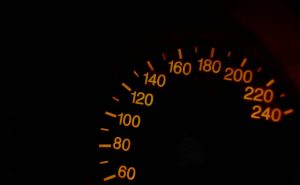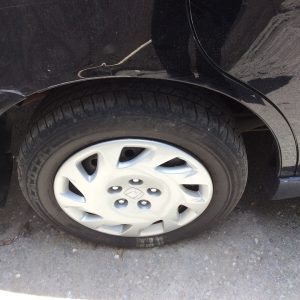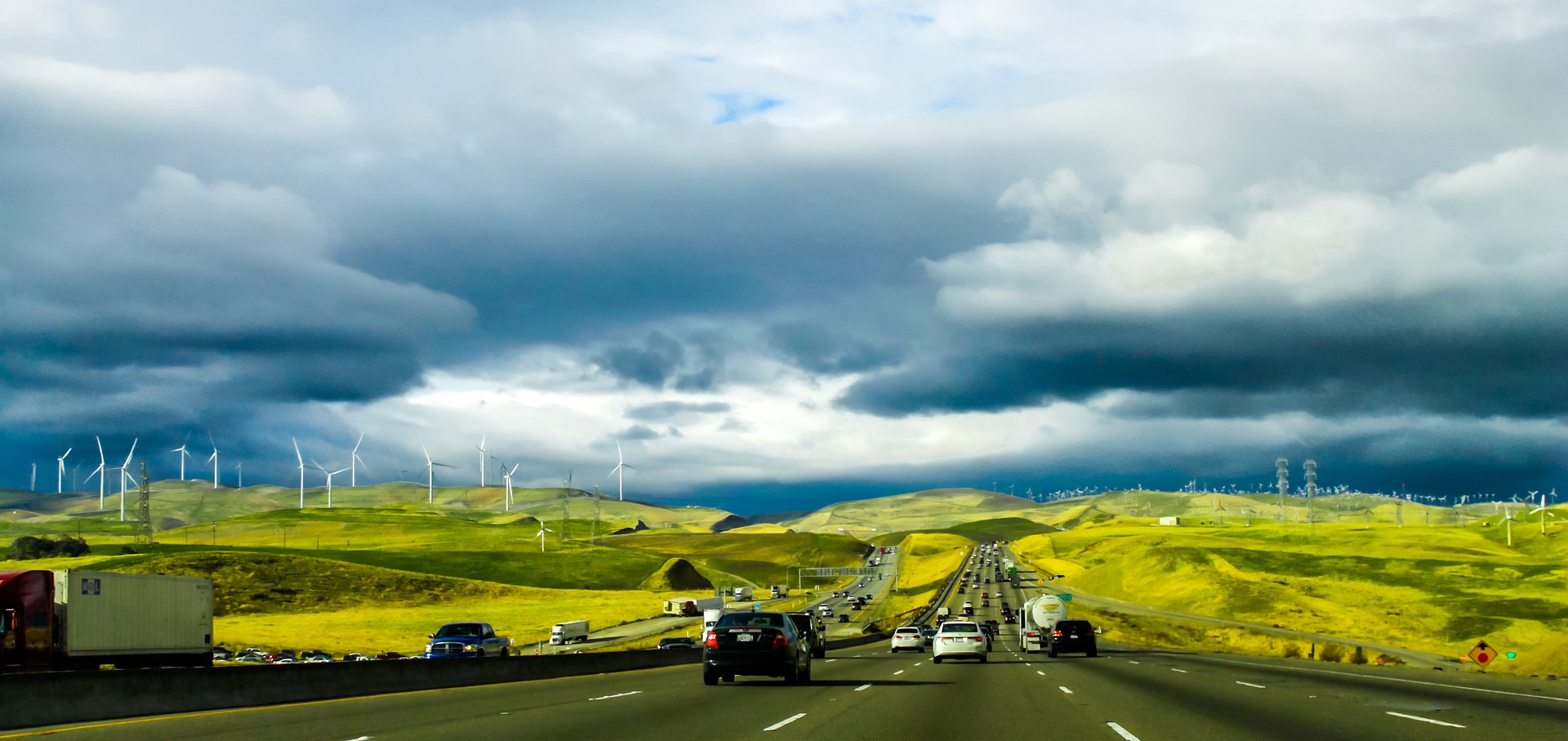Save money while also saving the environment. Preserving fuel will reduce your emissions whilst simultaneously increasing the amount of money in your wallet. Find out how below.
1. Avoid driving while your engine is cold.

When your engine is cold, it can use up to 30 percent more fuel. This is due to the car having to work hard to heat itself up. If you have a garage to store your car in, you should always use it. A garage will keep your vehicle warmer. This will reduce the stress on your engine and battery when you start your car up the next day.
Our engines have to warm up to an optimum temperature every time we use our cars. Therefore, you should avoid short trips when you can. When you combine all of your daily errands into one longer trip, your engine will only have to reach its optimum temperature once.
2. Try not to drive during rush hour.

The more traffic that is on the road, the more frequently you will have to idle. Idling pollutes the air around us while also wasting significant amounts of fuel. Try to take less busy roads home from work (if you don’t already).
If your vehicle is stationary for over a minute, you should turn it off to save fuel.
3. Don’t accelerate aggressively.

Rapidly accelerating will waste fuel, especially if you have to brake shortly after. Accelerate according to the speed of the cars around you to minimise fuel loss.
Try to slowly reach your desired speed rather than slamming down on your gas pedal. This will reduce revs, saving fuel and reducing your vehicle’s emissions.
4. Avoid carrying unnecessary weight.
The more weight your vehicle has to carry, the harder the engine has to work. Remove all heavy items from the car when you are not using them. Only keep the essentials in your car. You may not notice the difference in fuel economy straight away, but over thousands of kilometres it will add up and save you a lot of money.
5. Try to not use the air conditioning.
During a hot summer afternoon, it is tempting to put your air conditioning on full blast while you are driving. However, this uses a lot more fuel. A much cheaper and environmentally friendly option is to simply put your windows down.
6. Check your tyre pressure.

When was the last time you checked the pressure of your tyres? If you answered “a long time ago” then you should probably check them as soon as possible. Under-inflated tyres cause your car to use more fuel because they don’t roll as effectively.
Keeping your tyres at a suitable level will also increase the life of each tyre, saving you a lot more money.
7. Get your car serviced.
If you have your vehicle serviced often, the mechanics will be able to tell you if the car is using more fuel than it should. This can be caused by:
- Leaks.
- Damage in the exhaust system.
- Worn or damaged engine components.
At our workshop, we use advanced diagnostic equipment to quickly detect excess fuel consumption in your vehicle. If you feel your vehicle is using too much fuel, book an appointment with us and we will quickly diagnose the fault.

